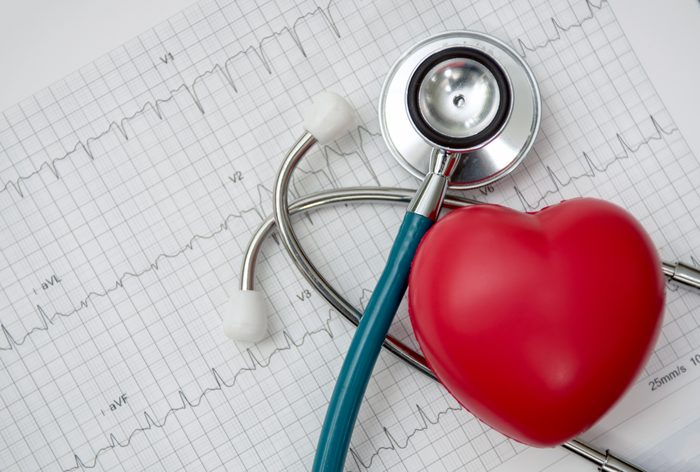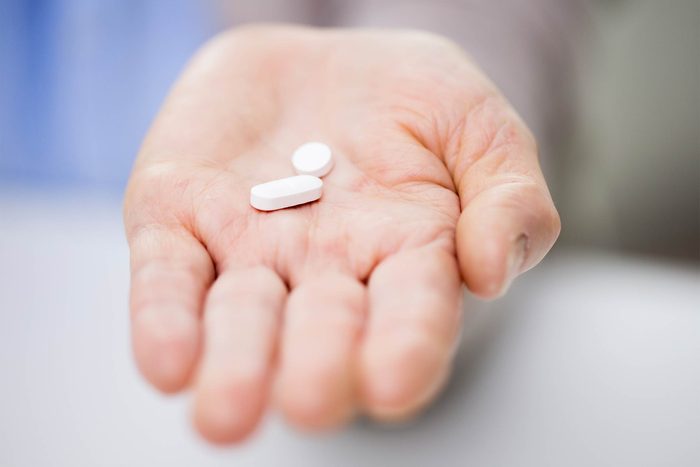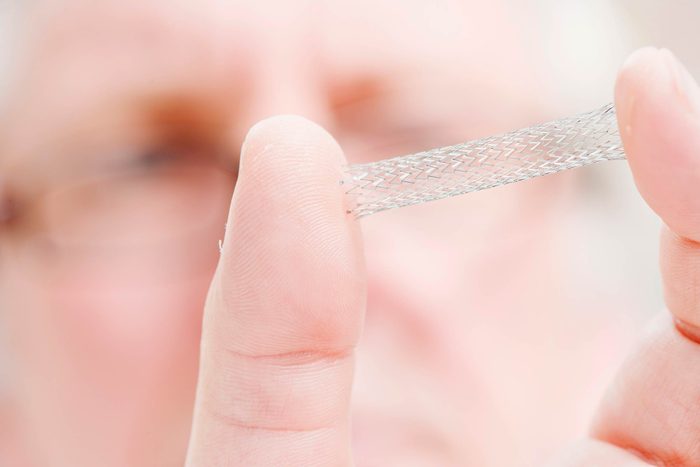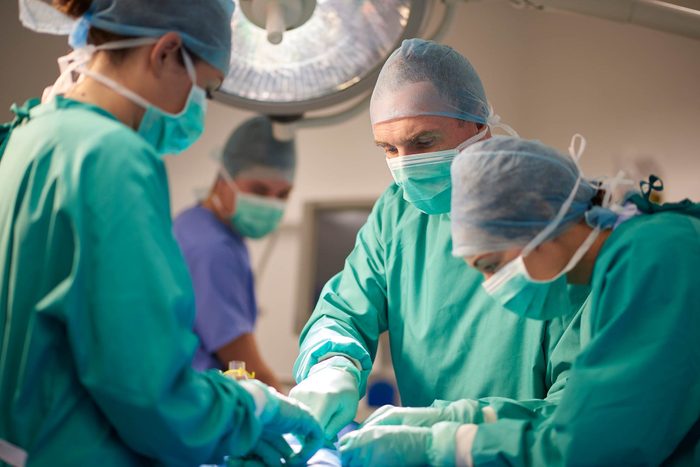
Sex after heart disease
Every year, about 805,000 Americans have a heart attack and more than 90 percent survive, according to the Centers for Disease Control and Prevention. Sometimes, heart surgery may be required after a heart attack to help restore the blood flow in the area of the heart muscle that was damaged. Surviving a heart attack is a life-changing event that requires some lifestyle modifications, like adding more healthy foods to your diet to manage heart disease risk factors like high blood pressure, high cholesterol, and diabetes. But what about when it comes to relationships and sex? How does a heart attack affect your sex life? And most importantly, can you have sex after heart surgery?
The short answer: yes. You can resume your normal sex life after a few weeks of recovering from a heart attack or heart surgery with the approval of your doctor. Cardiologist Michael Miller, MD, professor of medicine at the University of Maryland School of Medicine in Baltimore, and the author of Heal Your Heart shares some of the caveats you should know about before you decide to get intimate with your partner.
Let your food digest
Dinner and romance may sound like a tempting combination, but Dr. Miller advises to exercise caution. “Patients resuming sexual activity after a heart attack, stent placement, or open-heart surgery should wait at least several hours after a big meal such as dinner,” Dr. Miller says. Holding off allows your body to properly digest foods, which in turn can help reduce possible stress on your heart. A wait time of one to three hours is optimal. But don’t skip dinner just to get busy. Here are more tips for a healthy heart attack recovery to get you back in the saddle.

Don’t mix meds
It’s important to know which medications you’re taking and how they could interact with others. It’s especially important when it comes to sex after a heart attack. For example, Dr. Miller notes that if you or your partner have been taking erectile dysfunction (ED) medications such as Viagra, Cialis, or Levitra, you should not take a nitroglycerin medication such as Imdur or sublingual glyceryl trinitrate for at least 72 hours. Nitroglycerin extended-release capsules are designed to help relieve chest pain for people with coronary artery disease, making it easier for blood to flow to the heart. However, there can be some serious side effects from overlapping an ED medication with your nitroglycerin drugs. Know your medications and reach out to your doctor if you have any questions.

Know when you’re in the clear
How soon you resume sex after heart surgery or a heart attack varies depending on the type of heart problem and any procedures you had to treat it. If you had a heart attack, also known as a myocardial infarction, the standard recommendation is to wait one week. If you can engage in mild to moderate physical activity, comparable to climbing two staircases or taking a brisk walk, there are no additional risks to resuming sex, according to a 2015 study published in the Journal of the American College of Cardiology. But you should be able to do these things without experiencing chest or neck discomfort, fatigue, or shortness of breath, adds Dr. Miller.

If you had a stent placed
If you’ve been treated with a stent–a tiny, wire mesh tube used to prop open an artery–you can resume intercourse according to guidelines similar to after a heart attack: A one-week waiting time is fine, Dr. Miller says, so long as the access site (typically the groin) is free of complications. Again, you want to be sure you can walk at a brisk pace or climb two sets of stairs without issue, meaning not having shortness of breath, fatigue, or chest or neck discomfort. (These are the heart-health secrets cardiologists won’t tell you.)

If you had coronary bypass surgery
Coronary bypass surgery is a procedure that diverts the flow of blood around a section of a blocked or partially blocked artery in your heart. To improve blood flow to your heart, surgeons take a healthy blood vessel from your arm, leg, or chest, and connect it to healthy heart arteries. If you’ve had this more serious and invasive procedure, you’ll need to give your body additional time to recover. “The recommendation is to wait until there is sufficient healing of the chest region, which is generally six to eight weeks following uncomplicated surgery,” according to Dr. Miller.

Sex may not be the same
If your male partner experienced a heart attack or underwent heart surgery, he may go on to experience challenges in the bedroom. A 2016 study in JAMA Cardiology found that 31 percent of men between the ages 18 to 55, who had no sexual problems prior to their heart attacks, ended up with at least one new sexual challenge the following year; among them, ED (about 22 percent) and lack of interest in sex (almost 19 percent). And it’s common, as people who have had major health setbacks often become worried or depressed, and these thoughts can interfere with healthy sex, both physically and mentally.

Bust the myth that sex causes heart attacks
If you don’t have any serious complications, there’s no need to worry about having a second heart attack during sex. In fact, the risk of having another heart attack during sex, or while masturbating, is highly unlikely, according to the 2015 Journal of the American College of Cardiology study. The researchers concluded, “it is important to reassure patients that they need not to be worried about [sexual activity] and should resume their usual [sexual activity].” (Next, read about the surprising signs you have an unhealthy heart.)
